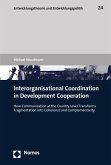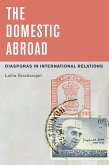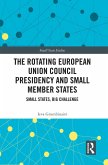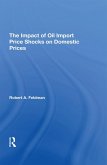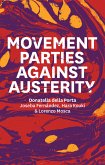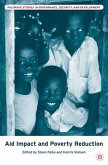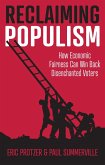Terrorism is one of the most virulent threats in the 21st century. By aiming to spread panic and fear, it not only threatens the freedom of the individual, but also the freedom of whole societies. For this reason, the selection of adequate means to combat it has a high importance in international politics. In particular, development aid is considered a forceful instrument. While the current academic literature predominantly aims to answer the question of whether development aid is a suitable anti-terrorist instrument, this book examines the question of whether terrorist events affect the allocation of aid assistance. For this purpose, the first part of the book deals with the relevance of the topic, separates individual forms of terrorism from each other and provides an overview of the existing literature. The second part explains the underlying data, the empirical model and presents the results, while the third part discusses the results obtained and presents limitations. The fourth part closes with a conclusion and gives policy recommendations.
Dieser Download kann aus rechtlichen Gründen nur mit Rechnungsadresse in A, B, BG, CY, CZ, D, DK, EW, E, FIN, F, GR, HR, H, IRL, I, LT, L, LR, M, NL, PL, P, R, S, SLO, SK ausgeliefert werden.



